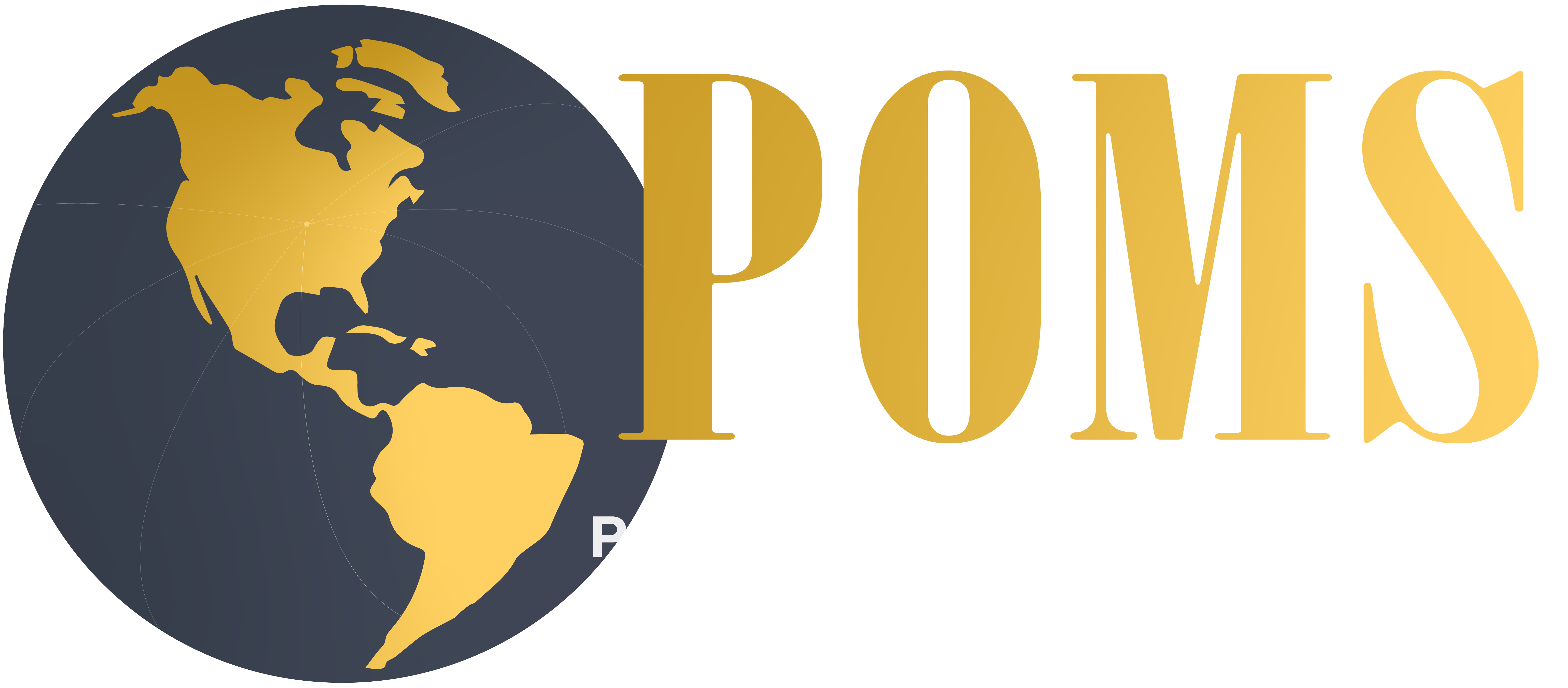DISRUPTIVE TECHNOLOGIES AND OPERATIONS MANAGEMENT
Mission Statement
Technological advancements can potentially create new markets and value networks that eventually disrupt existing markets and value networks, displacing leading firms, products, and partnerships. This department invites submissions from a broad conceptualization of technological advancements that can cause significant shifts or disruptions in the core value propositions of an existing industry. This includes disruptions that create new or transformed business processes, product innovation, as well as disruptions that lead to entirely new business models.
To focus the scope of the department, we are particularly interested in advancements where operations management research is at the center of the impact or disruption. For example, drones can speed up product delivery that can lead to new models of inventory holding, logistics, and pricing. Three-dimensional printing can affect manufacturing processes, product design, as well as existing models of revenue management. New digital technologies continue to cause significant disruptions in operations management. For example, we are beginning to see the potential of digital technologies such as RFID chips, sensing IoT devices, and artificial intelligence in their ability to revolutionize traditional problems in supply chain management.
We welcome submissions that examine operational problems that arise outside the traditional boundaries of manufacturing and service operations. These include areas such as finance (e.g., cryptocurrency, social trading, etc.), information systems (e.g., cloud computing, new models of software development, etc.), marketing (e.g., internet and mobile advertising, social media marketing, etc.), accounting (e.g., fraud detection, AI-based auditing, etc.), as well as operations management problems that arise in the broader society such as smart cities and self-driving cars.
While the common thread in the research we solicit is the examination of disruptive technologies, the department is acutely problem-driven. We welcome all methods and methodological traditions that serve as an appropriate framework to analyze problems: analysis of data, mathematical analysis, behavioral theories, etc. We expect the study to address a new (and potentially game-changing) phenomenon, with a sufficient level of rigor that merits the attention of an elite operations management journal.
Departmental Editors

Professor Subodha Kumar
Temple University
subodha@temple.edu
 Professor Vijay Mookerjee
Professor Vijay Mookerjee
University of Texas at Dallas
vijaym@utdallas.edu
Senior Editors
Rohit Aggarwal, University of Utah
Jianqing Chen, University of Texas at Dallas
Shi Chen, University of Washington
Emre Demirezen, University of Florida
Juan Feng, Tsinghua University
Abhijeet Ghoshal, University of Illinois - Urbana Champaign
Bin Hu, University of Texas at Dallas
Kai-Lung Hui, HKUST Business School
Dengpan Liu, Tsinghua University
Jingchuan Pu, University of Florida
Rajib Saha, Indian School of Business
Harpreet Singh, University of Texas at Dallas
Anjana Susarla, Michigan State University
Yong Tan, University of Washington
Shaojie Tang, University at Buffalo
Giri Kumar Tayi, State University of New York at Albany
Sunil Wattal, Temple University
Wei Thoo Yue, City University of Hong Kong
Zhongju Zhang, Arizona State University

